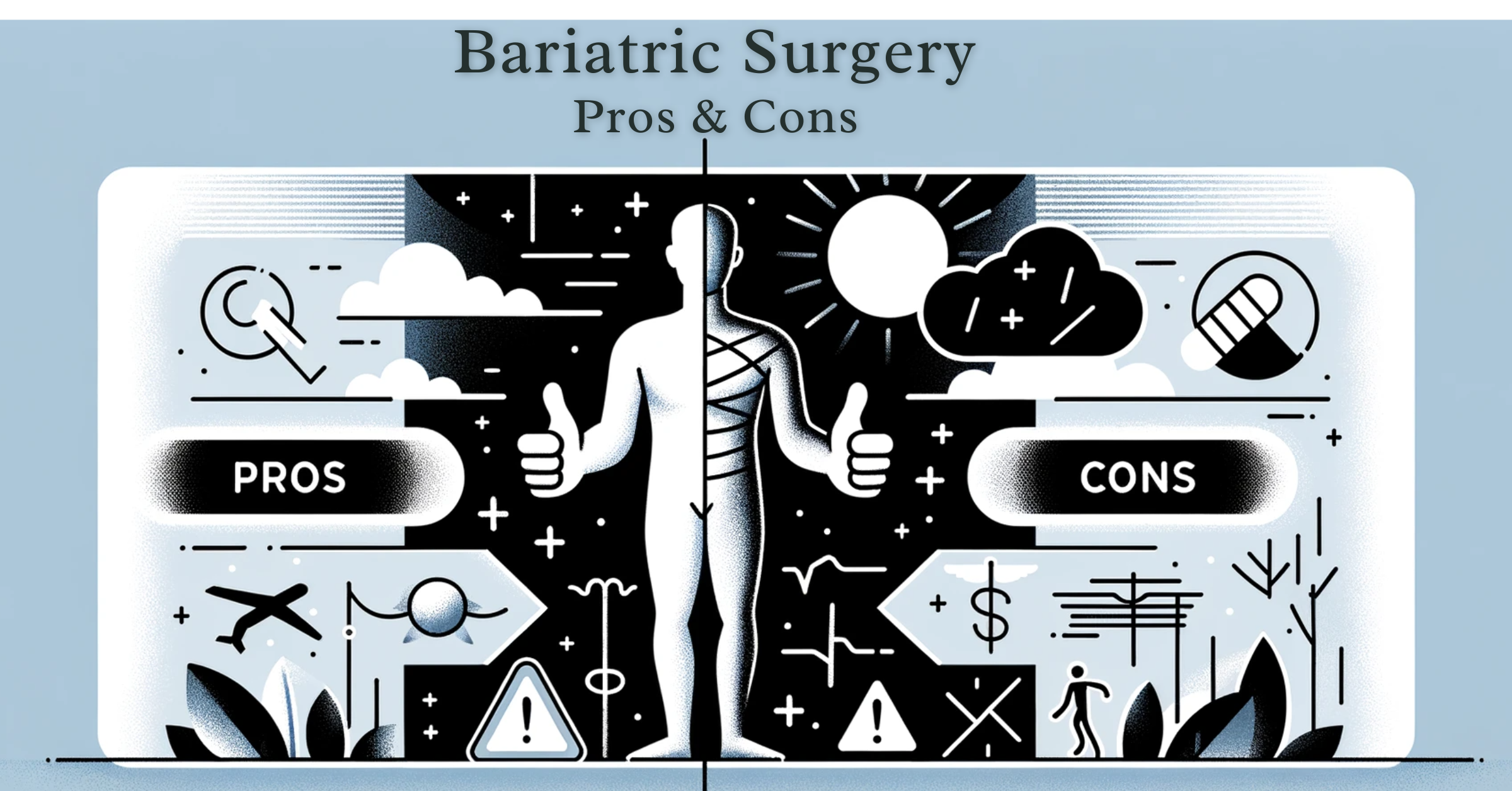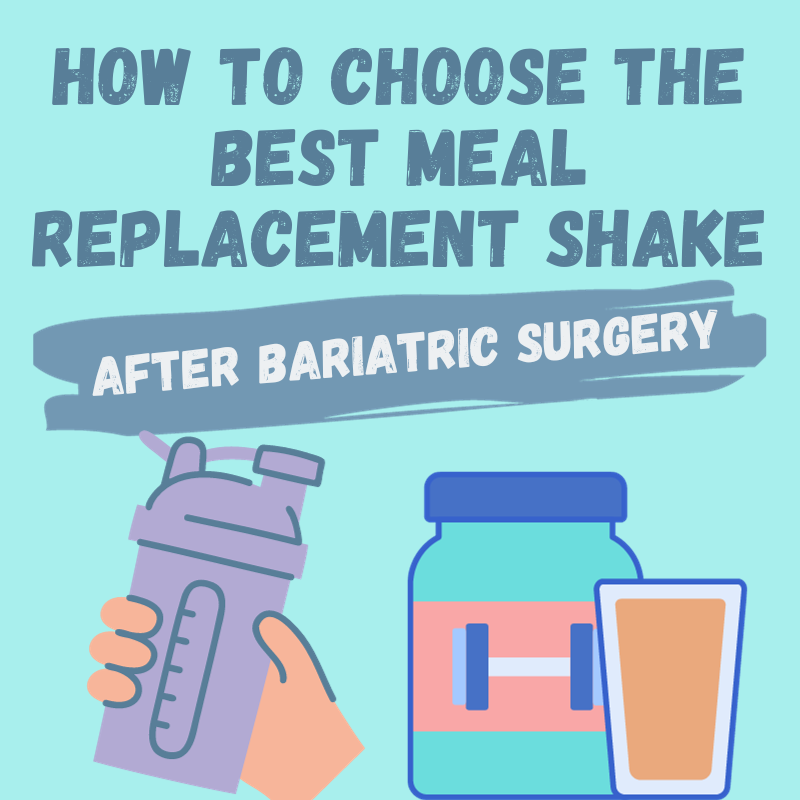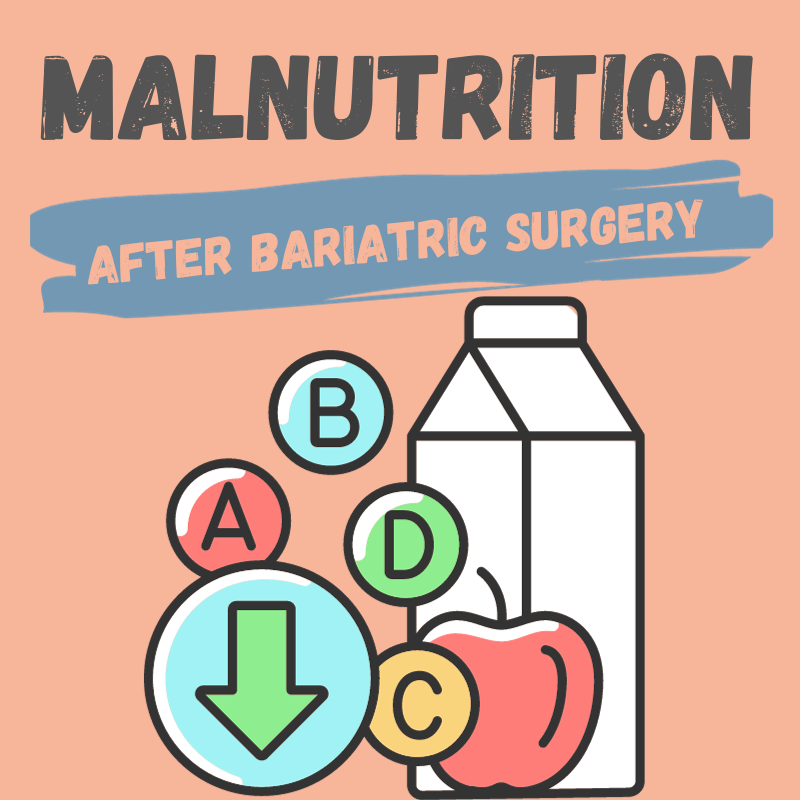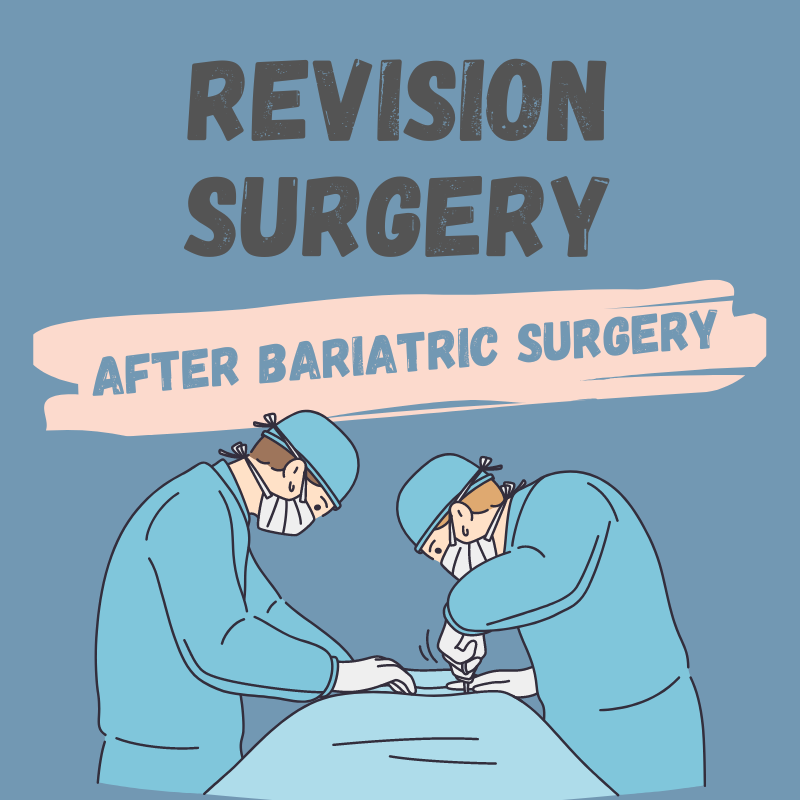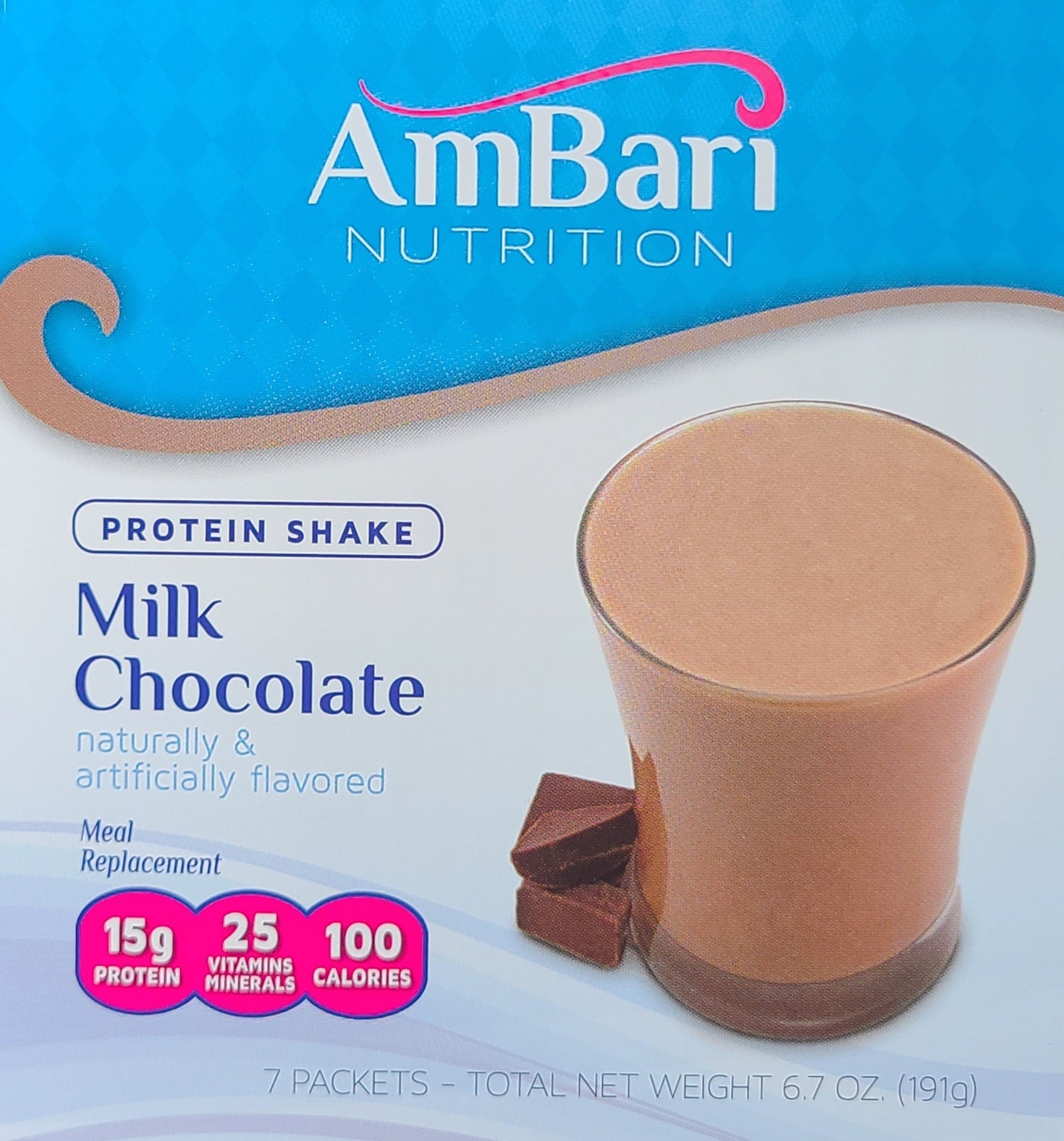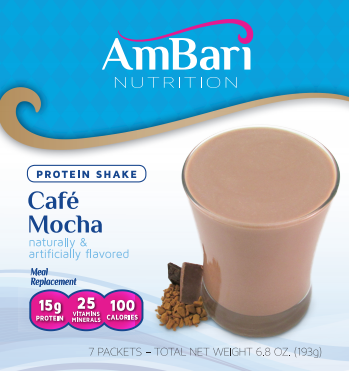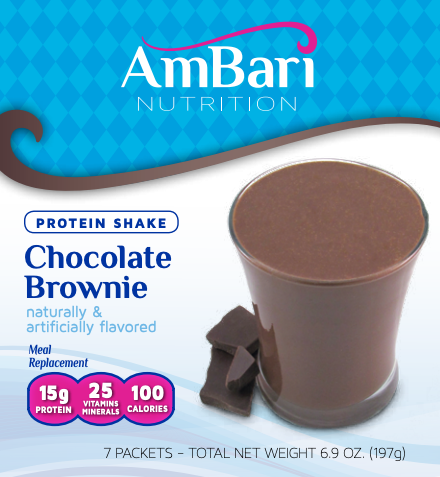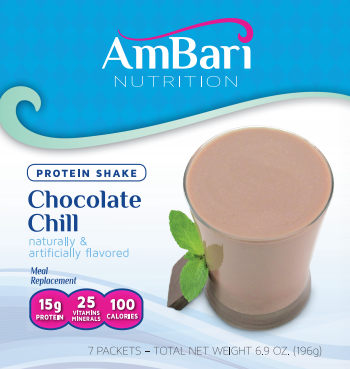Your cart is empty
How To Decide Which Bariatric Surgery To Have

How Do I Decide Which Bariatric Surgery I Should Have?
To decide which bariatric surgery to have, it's important to understand the differences between the four main types: gastric bypass, sleeve gastrectomy, adjustable gastric banding, and biliopancreatic diversion with duodenal switch. Consider factors such as your health goals, medical history, and potential risks associated with each procedure. Consult with a qualified medical professional who can provide personalized advice and recommendations based on your specific situation. Prepare for the consultation by having a list of questions and being transparent about your medical history and lifestyle habits.
Types of Bariatric Surgery
There are four main types of bariatric surgery:
- Gastric bypass (Roux-en-Y): In this procedure, a small stomach pouch is created, and the small intestine is connected to this new pouch. This limits the amount of food you can eat and reduces the absorption of nutrients, resulting in weight loss.
- Sleeve gastrectomy: The surgeon removes a large portion of the stomach, leaving behind a smaller, tube-like structure. This reduces the stomach's capacity, leading to a feeling of fullness with smaller amounts of food.
- Adjustable gastric banding: A silicone band is placed around the upper part of the stomach, creating a small pouch. The band can be adjusted to control the size of the opening between the pouch and the rest of the stomach.
- Biliopancreatic diversion with Biliopancreatic diversion with duodenal switch (BPD/DS): This complex procedure involves removing a large part of the stomach, similar to sleeve gastrectomy. The surgeon also reroutes the small intestine to bypass a significant portion of it, reducing nutrient absorption.
How Bariatric Surgery Aids Weight Loss
Bariatric surgeries help individuals lose weight through three primary mechanisms:
- Restriction: By reducing the stomach's size or creating a smaller pouch, the amount of food that can be consumed at one time is limited, leading to a reduced calorie intake.
- Malabsorption: Some procedures, like gastric bypass and BPD/DS, involve altering the small intestine's configuration, which reduces the absorption of nutrients and calories.
- Hormonal changes: Certain surgeries, such as sleeve gastrectomy, affect the production of hunger and satiety hormones, leading to a decreased appetite and increased feelings of fullness.
Short-term and Long-term Differences between the Four Types of Bariatric Surgeries
Gastric bypass (Roux-en-Y)
- Surgery time: 1.5 hours
- Hospital stay: 2–3 days
- Recovery time: About 2–4 weeks
- Not reversible, in most cases
Short-term differences: Gastric bypass often leads to rapid weight loss in the first few months. Patients may experience side effects like nausea, vomiting, and difficulty eating large meals. Nutritional supplementation is usually required due to the malabsorptive aspect of this surgery.
Long-term differences: Gastric bypass offers significant and sustained weight loss, averaging around 60-80% of excess weight. However, patients must adhere to strict dietary guidelines and may require lifelong vitamin and mineral supplementation. The procedure is not easily reversible, and potential complications include dumping syndrome and bowel obstruction.
Sleeve gastrectomy
- Surgery time: About an hour
- Hospital stay: 2–3 days in hospital
- Recovery time: 2–4 weeks
- Not reversible
- Decreased risk of dumping syndrome
Short-term differences: Sleeve gastrectomy results in relatively rapid weight loss, typically reaching 50% of excess weight within six months. Early side effects may include nausea, vomiting, and a temporary aversion to certain foods, making the adoption of appropriate nutrition and bariatric foods crucial.
Long-term differences: Patients can expect to lose around 60-70% of their excess weight within two years. Although the stomach's capacity is permanently reduced, there is less risk of malabsorption compared to gastric bypass. Long-term complications may include acid reflux, strictures, and weight regain.
Adjustable gastric banding
Short-term differences: The initial weight loss with gastric banding is slower compared to other procedures, with a gradual loss of 25-35% of excess weight in the first year. Common side effects include nausea, vomiting, and difficulty swallowing.
Long-term differences: Gastric banding typically leads to a total loss of 40-60% of excess weight over time. The procedure is reversible and adjustable, allowing for more personalized weight loss management. However, the long-term success rate is lower compared to other surgeries, and patients may experience band slippage, erosion, or need for reoperation.
Biliopancreatic diversion with duodenal switch (BPD/DS)
Short-term differences: BPD/DS is associated with rapid weight loss in the first few months, similar to gastric bypass. Patients may experience diarrhea, foul-smelling stools, and nutritional deficiencies, requiring close monitoring and supplementation.
Long-term differences: BPD/DS results in significant and sustained weight loss, averaging 70-90% of excess weight. It is particularly effective in treating obesity-related conditions like type 2 diabetes. However, due to the complexity of the procedure, there are higher risks of complications, including malnutrition, vitamin and mineral deficiencies, and bowel issues. Lifelong nutritional management is crucial for patients undergoing this surgery.
| Type of Surgery | Short-term Differences | Long-term Differences |
|---|---|---|
|
Gastric bypass (Roux-en-Y) |
Rapid weight loss, nausea, vomiting, difficulty eating large meals, nutritional supplementation required | Significant and sustained weight loss (60-80% of excess weight), strict dietary guidelines, lifelong vitamin and mineral supplementation, not easily reversible, potential complications include dumping syndrome and bowel obstruction |
| Sleeve gastrectomy | Relatively rapid weight loss, nausea, vomiting, temporary aversion to certain foods | Weight loss of 60-70% of excess weight within two years, less risk of malabsorption, long-term complications may include acid reflux, strictures, and weight regain |
| Adjustable gastric banding | Slower initial weight loss, nausea, vomiting, difficulty swallowing | Total loss of 40-60% of excess weight over time, reversible and adjustable procedure, lower long-term success rate, potential complications include band slippage, erosion, or need for reoperation |
| Biliopancreatic diversion with duodenal switch (BPD/DS) | Rapid weight loss, diarrhea, foul-smelling stools, nutritional deficiencies, close monitoring and supplementation required | Significant and sustained weight loss (70-90% of excess weight), effective in treating obesity-related conditions, higher risks of complications, lifelong nutritional management necessary |
Seeking Expert Advice
Preparing for the consultation
- Questions to ask your surgeon: Prepare a list of questions about the procedures, risks, recovery process, and any other concerns you may have.
- Information to provide during the consultation: Be transparent about your medical history, weight loss goals, and lifestyle habits to help your surgeon make the best recommendation for you.
Understanding your surgeon's recommendation
Listen carefully to your surgeon's advice and ask for clarification if needed. Take time to consider their recommendation before making a decision.
Support Systems and Resources
Having a strong support system throughout your weight loss journey can help you overcome challenges and achieve lasting success. Seek out friends, family, and support groups who can provide encouragement and understanding as you embark on this new chapter in your life.
Attending support groups before you have your surgery can also give you insights into what people have experienced with their specific surgery type. You can also read some stories from real bariatric patients here on our blog: Stories From Real Bariatric Patients
Conclusion
Choosing the right bariatric surgery is a deeply personal decision, and understanding the various procedures, their outcomes, and the lifestyle changes they require is important to think about. By considering factors such as your health goals, medical history, and potential risks, and seeking expert advice, you can make an informed choice that aligns with your needs and expectations.
Remember, bariatric surgery is just the beginning of your weight loss journey. Embrace the support of your medical team, loved ones, and peers who have undergone similar experiences. It's important to keep in mind that this article is not a substitute for professional medical advice. Always consult a qualified healthcare professional before making any decisions regarding your health and well-being.
References
While the information provided in this article is based on general knowledge and research, it is always best to consult with a medical professional for personalized advice. Below are some reputable sources to further your understanding of bariatric surgery:
- American Society for Metabolic and Bariatric Surgery (ASMBS). (n.d.). Types of Bariatric Surgery. Retrieved from https://asmbs.org/patients/bariatric-surgery-procedures
- Mayo Clinic. (2021, August 3). Bariatric surgery. Retrieved from https://www.mayoclinic.org/tests-procedures/bariatric-surgery/about/pac-20394258
- National Institute of Diabetes and Digestive and Kidney Diseases (NIDDK). (2020, April). Bariatric Surgery. Retrieved from https://www.niddk.nih.gov/health-information/weight-management/bariatric-surgery
- Obesity Action Coalition. (n.d.). Bariatric Surgery. Retrieved from https://www.obesityaction.org/get-educated/understanding-your-weight-and-health/bariatric-surgery/
- U.S. National Library of Medicine. (2021, August 31). Weight Loss Surgery. Retrieved from https://medlineplus.gov/weightlosssurgery.html
Bariatric Guides & Information
More Info
Customer Favorites
- Choosing a selection results in a full page refresh.





